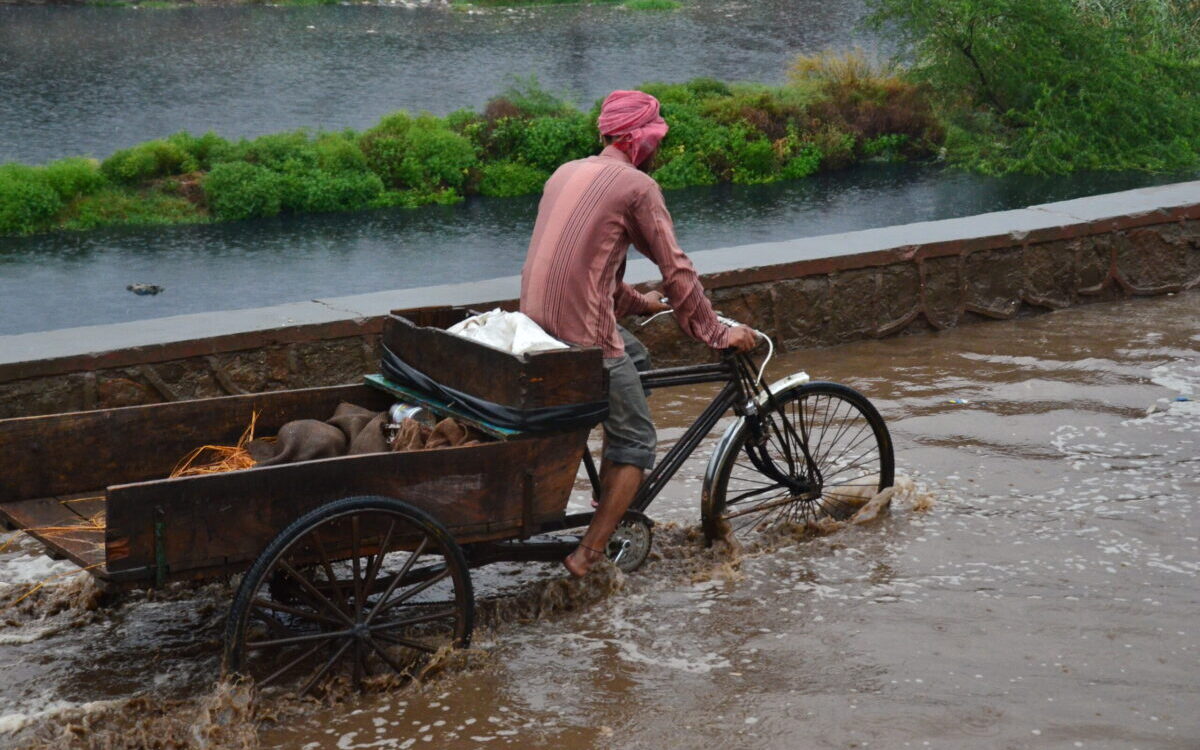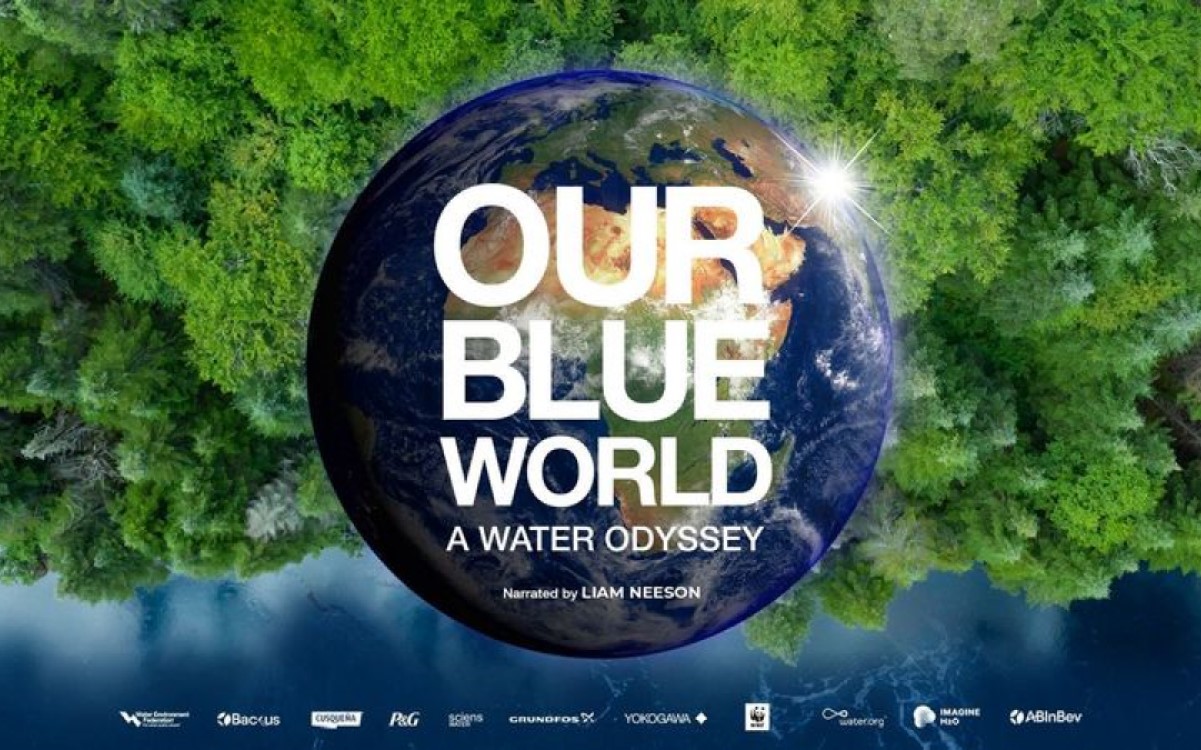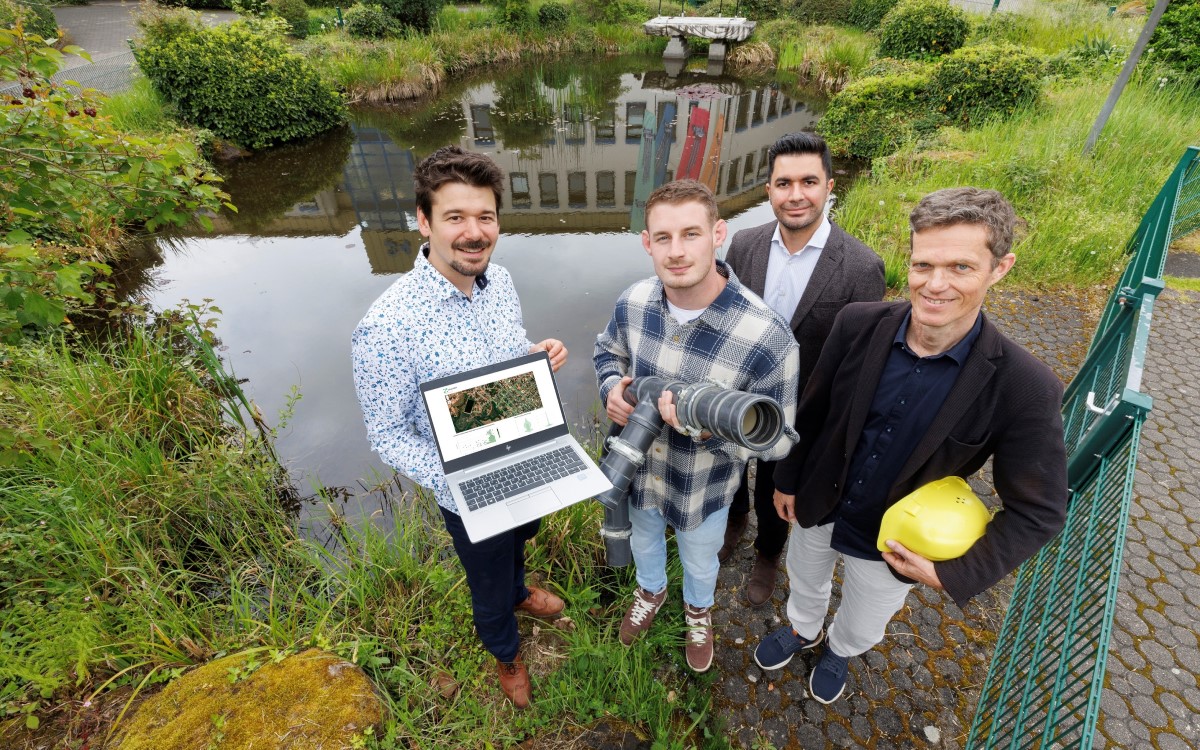February 14, 2024 Ι National Institute for Health and Care Research funding to develop healthcare interventions to protect vulnerable Indian patients at risk from seasonal flooding.
Experts are set to develop a healthcare intervention to help protect vulnerable patients at high health risk. For example patients with long-term conditions such as heart, or lung disease and diabetes who are at greater risk during seasonal flooding in India.
Responding better to the needs of patients at high health risk
India has the world’s second highest rates of diabetes and heart disease, but during flood-emergencies, patients may not receive their usual medicines or medical care – causing their conditions to worsen. Now, an international team of researchers led by the University of Birmingham and funded by the National Institute for Health and Care Research (NIHR) in the UK will develop a system to ensure communities and primary healthcare services are better prepared to respond to patients’ needs during floods.
Working with Indian State government agencies, universities, the United Nations Office for Disaster Risk Reduction (UNDRR), the World Health Organisation (WHO), UNICEF, non-governmental (charity) organisations and communities, the research team is backed by almost £3 million of NIHR funding and plans to:
- Adapt existing and develop new processes with communities and health-workers – for example, developing mobile phone apps to help community doctors and nurses make decisions about how to care for individuals based on flood-related guidelines.
- Explore novel ways of getting medicines to isolated communities, for example using drones to transport perishable insulin, and provide links to specialist hospitals when communities are cut-off due to floods.
- Work with hydrology and climate specialists at the University of Birmingham to provide methods for future advanced flood forecasting and tailor this to the health system needs to enable the health sector to respond in a timelier fashion.
- Ensure that any system continues to be relevant and sustainable for local communities.
Project lead Semira Manaseki-Holland, from the University of Birmingham commented:
“Floods in India have become more frequent, unpredictable, and severe but current warning systems are inadequate to prepare either population or health services. Also, the health system prepares for infectious diseases or injuries caused by disasters, but limited plans for dealing with common diseases result in worsening health, hospital admissions, and death. We aim to improve the preparedness and resilience of patients and health systems during flood-emergencies in managing long-term conditions such as diabetes, heart disease, and lung diseases.”
Community-focused interventions
Working with SCTIMST, the five-year project aims to first assess the gaps in services and patient’s preparedness and develop a community-focused intervention with many features – testing the system in 20 flood-prone Kerala communities over two years.
Then in Bihar, the team will analyse the state’s specific situation and assess how the Kerala intervention can be adapted to serve the needs of patients, communities and healthcare providers in Bihar. The India Lead researcher, Dr Panniyammakal Jeemon, from SCTIMST, commented:
“We will involve community members and healthcare providers stakeholders in all aspects of research and intervention development. Ultimately, we want to benefit communities and policymakers in other Indian states and share our findings with other flood-risk countries.”
The project will also build capacity in research in this area, with a number of PhD research posts in India and the UK being developed.
Learn More






